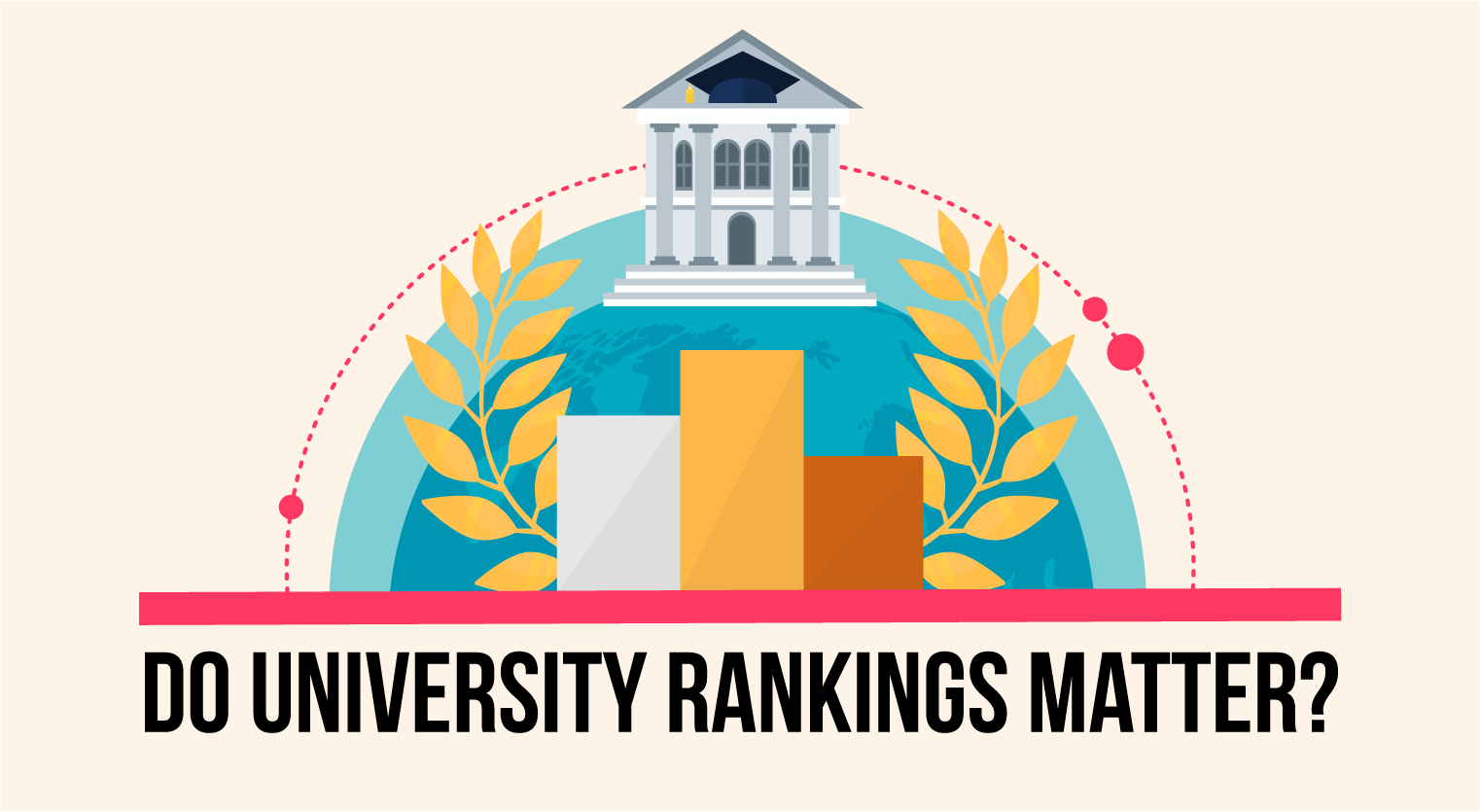Should You Enrol Into a Small College? 9 Reasons Why You Should.
It’s easy to fall back on popular universities but don’t rule out smaller colleges. Here are 9 advantages of studying in a small college.
Published 03 Aug 2021

When it comes to choosing a college or university, it’s easy to fall back on familiar choices. Why bother researching some unknown institution when you can just apply to the big, popular universities and call it a day? Everyone you know goes there. It should be fine, right?
Well, it’s not always that simple. Your education is important and you should do your homework. While it certainly may not be suitable for everyone, here are some advantages of choosing to study in a small college.
#1. Prestige is not everything

Getting into the top institution might sound great but prestige is only one of the many things you need to consider when choosing your future alma mater.
This is your education you’re talking about. Life-changing decisions such as this shouldn’t be made based on a popularity contest. Imagine investing money and energy applying to a college because of its name only to realise you can barely afford it and the programme doesn’t even suit you.
So if prestige is what’s stopping you from considering other smaller, lesser-known colleges and universities, think again. When it comes down to it, there are many things you need to consider aside from prestige, including affordability, support services and campus community.
#2. Smaller classes lets you thrive

In a big university, one class can have up to hundreds of students. There’s nothing wrong with this but unless you’re vocal and active, it’s easy to be overlooked by the lecturer. After all, in a large auditorium, you’re just another face in a sea of students.
Smaller classes make it easier to ask questions and engage in the lessons. Since there’s fewer of you, lecturers are more likely to interact with everyone and actually remember you.
It’s also a good way to keep yourself accountable. There’s not a lot of room to hide in a classroom of 20 people. So, even if you’re an introvert, you’re likely to be more active in a smaller classroom since you won’t have to compete with hundreds of students just to be heard.
#3. Smaller colleges have lower student-to-faculty ratio

Student-to-faculty ratio essentially refers to the number of students for every teacher in the school. It’s supposed to reflect the teacher’s workload and how many students they are responsible for. The lower the ratio, the better the learning process can be.
Due to its small student population, small colleges and universities often have the advantage of boasting a low student-to-faculty ratio. This gives the lecturer more breathing room as they don’t have to stretch their attention to accommodate hundreds of students.
As a result, the lecturers can focus on each individual better. This gives them the ability to tailor their interaction to each student much more specifically, thus giving you a better and more personalised experience.
#4. Your lecturers won’t be distracted by research

Here’s the thing with prestigious universities — part of that prestige is due to world rankings that weigh university research heavily. In fact, rankings like the QS World University Rankings and Times Higher Education World University Rankings use research capability and output as the key criteria for their rankings.
The problem with research universities is that as an undergraduate student, it’s not your primary concern. The professors, concerned with chasing deadlines for their research, might often find themselves too busy for you.
This is not the case for the small, lesser known institutions. Since they don’t have any research quota to fill, the faculty can actually pay attention to the students. Instead of having to divide their time and energy to balance both their research and their teaching responsibility, they can just focus on helping their students get the best education.

#5. Direct access to the professors

Lecturers are busy people, especially in big universities. They have too many students to teach and so many other responsibilities (research, departmental roles, etc.) to take care of. If you opt for this type of institution, chances are you might have classes where you will have to learn from teaching assistants, part-timers and Master’s students.
Don’t get us wrong. These people are not bad educators. But why pay for access to the professors’ pedigree if you’re not going to benefit from it?
This is one reason to opt for those small universities. They’re often more limited in their resources compared to big universities. As such, they don’t have the money to employ part-timers or teaching assistants.
Moreover, small colleges very rarely offer postgraduate education. So you won’t have to worry about any Master’s student taking over the class to fulfill their academic obligations. In a way, it’s easier for you to learn from a professor if you choose small institutions in lieu of large ones.
Apply for university with EduAdvisor
Secure scholarships and more when you apply to any of our 100+ partner universities.
Start now#6. Learn unique and highly specialised curriculum

In terms of the variety of programmes, it’s hard for a small institution to compete with the larger ones. Big universities, with their ability to accommodate a bigger population of students, may offer up to hundreds of programmes ranging across various fields of study.
But that doesn’t mean these smaller institutions have nothing to offer. On the contrary, they might offer something most large universities don’t have — niche and highly specialised courses such as IP-centered business management, diploma in midwifery and practical car inspection.
Their best bet is not to offer more programmes than big universities; it’s to offer programmes that are niche and specific, ones that big universities would forgo because it just won’t attract enough people.
So if you’re interested in specific subjects within a field, it’d be a great idea to research and see if there’s any small institutions offering that programme.
#7. Easy application and admission

The college application and admission process can be very stressful and daunting. The fact that your application might not even be accepted can cause anyone to overthink and doubt themselves. With more students finishing school every year, the competition will only get tougher.
Thankfully, you won’t have to deal with this as much with the smaller institutions. Since not many people know about them, the application process is fairly straightforward and you should be accepted easily as long as you meet the entry requirements. Not only that, scholarships can be less competitive as well. This can be a huge load off your mind.
#8. Less competition amongst the student body

The giant pool of students that come with a big university can make it hard for you to distinguish yourself. Opportunities are limited but the students are plenty so the pressure to compete and outperform is always there. It’s easy to feel tired and demotivated.
While you will still meet competition even in smaller colleges, it’s likely to be less intense. There are less students to compete against so the chances of you holding leadership roles, getting a scholarship or participating in competitions are higher.
It feels like a cheat but it works. Instead of competing with thousands of students, why not choose smaller colleges and benefit from its small student population?

#9. Stronger sense of community

If you’re not used to the hustle bustle of city life, large universities can feel alienating. Sure, you’ll see a familiar face here and there but there are thousands of people milling around you. The classmates you have lunch with might not be the same strangers you sit with during a busy lunch hour.
A small college means a small student and faculty population. This means that it’s easier to get acquainted with everyone. And if you need help with anything specific, you already know who to turn to.
Sure, some people like being able to lose themselves in the enormity of big universities. However, if you prefer a close-knit community, you’re better off going to smaller institutions.
While big universities are appealing, small institutions certainly have their perks. Once you’ve freed yourself of the mindset that prestige is everything, you’ll find that there’s a lot more to university than popularity and rankings.






